Men may not get all they pay for in this world; but they must certainly pay for all they get
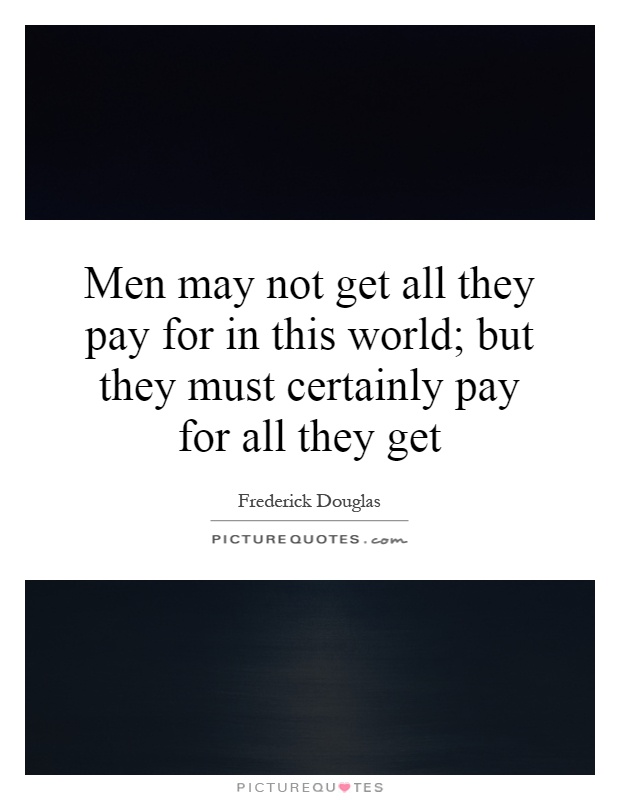
Men may not get all they pay for in this world; but they must certainly pay for all they get
Frederick Douglass, a prominent African American abolitionist and social reformer, understood the concept that "men may not get all they pay for in this world; but they must certainly pay for all they get" better than most. Born into slavery in Maryland in the early 19th century, Douglass experienced firsthand the harsh realities of being treated as property and denied the basic rights and freedoms that should be afforded to all human beings.Despite the injustices he faced, Douglass never wavered in his belief that all men are created equal and deserve to be treated as such. He recognized that the price of freedom and equality was often high, but he was willing to pay it in order to secure a better future for himself and his fellow oppressed individuals.
Douglass understood that the road to freedom was not an easy one, and that there would be sacrifices along the way. He knew that in order to achieve true liberation, he would have to fight against the systems of oppression that sought to keep him and others like him in chains. He paid the price of his freedom through years of struggle, perseverance, and unwavering dedication to the cause of abolition.
In his famous autobiography, "Narrative of the Life of Frederick Douglass, an American Slave," Douglass recounts the many trials and tribulations he faced on his journey to freedom. He describes the physical and emotional toll that slavery took on him and his fellow slaves, as well as the courage and determination it took to break free from the chains of bondage.
Douglass's life story serves as a powerful reminder that true freedom and equality are not given freely, but must be fought for and earned. He understood that the price of liberty is often high, but that the rewards of living in a just and equitable society are worth the sacrifices made along the way.
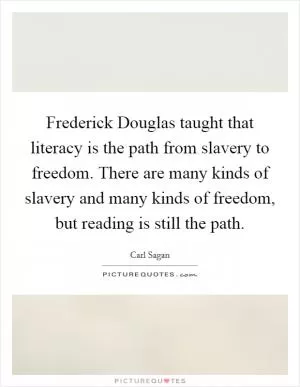

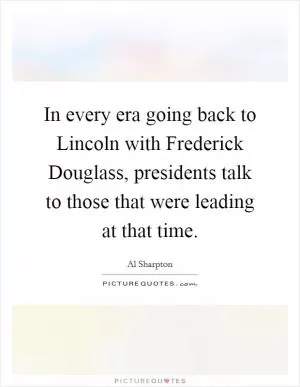
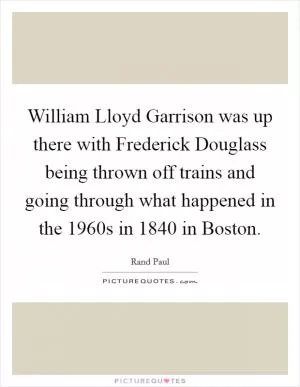
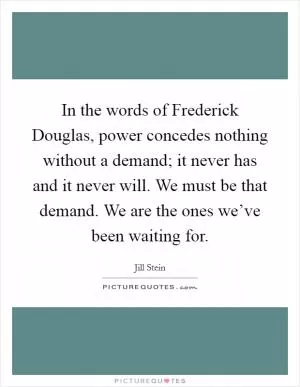
 Friendship Quotes
Friendship Quotes Love Quotes
Love Quotes Life Quotes
Life Quotes Funny Quotes
Funny Quotes Motivational Quotes
Motivational Quotes Inspirational Quotes
Inspirational Quotes